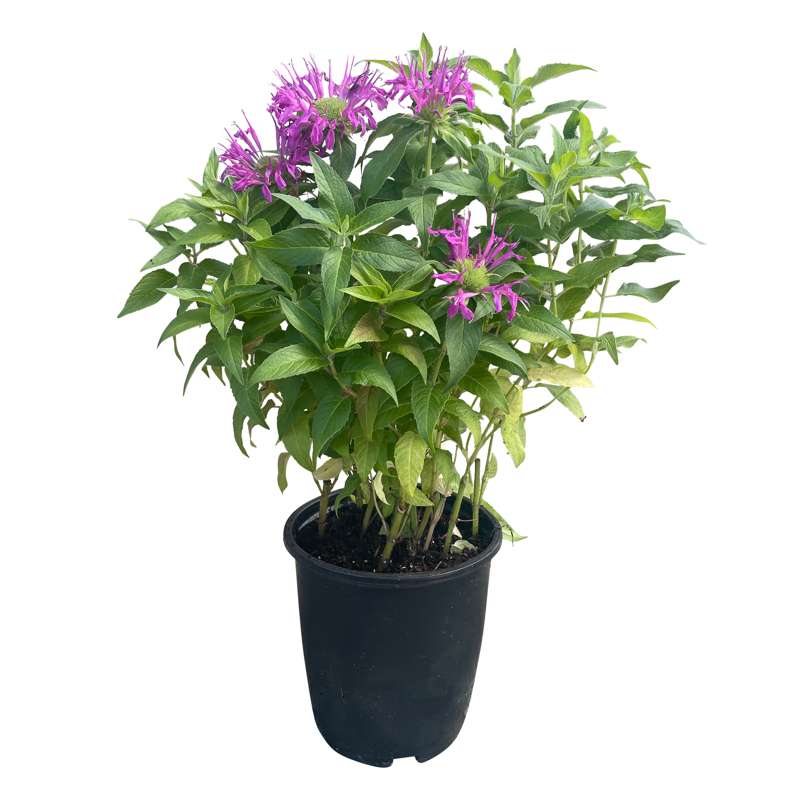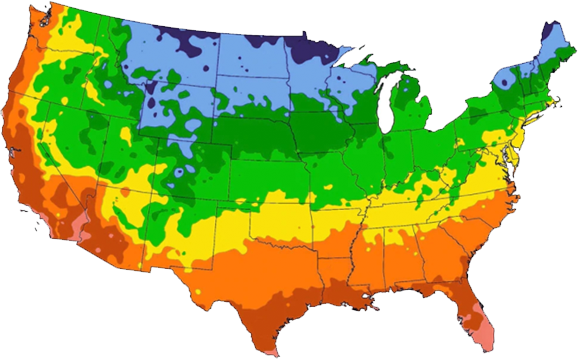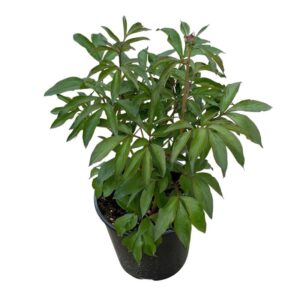








$19.99
Bee balm is a Native American plant, not only known for its attractive scarlet flowers that bloom in the Summertime, but also its fragrant foliage.
Availability:
Pack Size:
Color:
Bee balm is a Native American plant, not only known for its attractive scarlet flowers that bloom in the Summertime, but also its fragrant foliage.
BEAUTIFUL COLOR:
This gorgeous purple bee balm will be a beautiful addition to your garden!
GROWTH:
Bee Balm will grow to be about 2-4 feet tall, with a spread of 3-4 feet wide.
CARE:
Bee Balm grows best in full sunlight. Plant it in moist, well-draining soil and add organic matter for best results. Water every 1-2 weeks with a deep watering at the base of the plant.
FUN FACT:
Bee Balm, a member of the mint family, has been used topically to help with bee sting swelling, which is where its name comes from!
LIVE PLANTS:
Our plants are grown exclusively for Deep Roots and The Three Company, shipped fresh directly from our greenhouse to you!
, A plant that is simply beautiful
Basics:
| Zones | 3-9 |
| Flowering season(s) | Summer |
| Sunlight | Full Sun |
| Soil type | Well draining soil |
| Height/Spread | 10" Tall by 6" Wide in 2.5 Qt Pot |
| Flower Color | Purple |
| Bloom Time | Spring,Fall |
The United States Department of Agriculture (USDA) has devised a system to provide gardeners with a basic guide to plant hardiness – how much winter cold a plant can withstand. The Hardiness Zone Map system divides the United States and Canada into numbered zones based on lowest average winter temperature. Even within a zone, different micro-climates exist, such as large urban areas which may be warmer or land situated at different elevations.
How Hardy Are These Plants?: Zones 3-9

| ZONE | AVERAGE COLDEST TEMPS |
|---|---|
| 1 | below -50 °F |
| 2 | -50 °F to -40 °F |
| 3 | -40 °F to -30 °F |
| 4 | -30 °F to -20 °F |
| 5 | -20 °F to -10 °F |
| 6 | -10 °F to 0 °F |
| 7 | 0 °F to 10 °F |
| 8 | 10 °F to 20 °F |
| 9 | 20 °F to 30 °F |
| 10 | 30 °F to 40 °F |
| 11 | above 40 °F |



